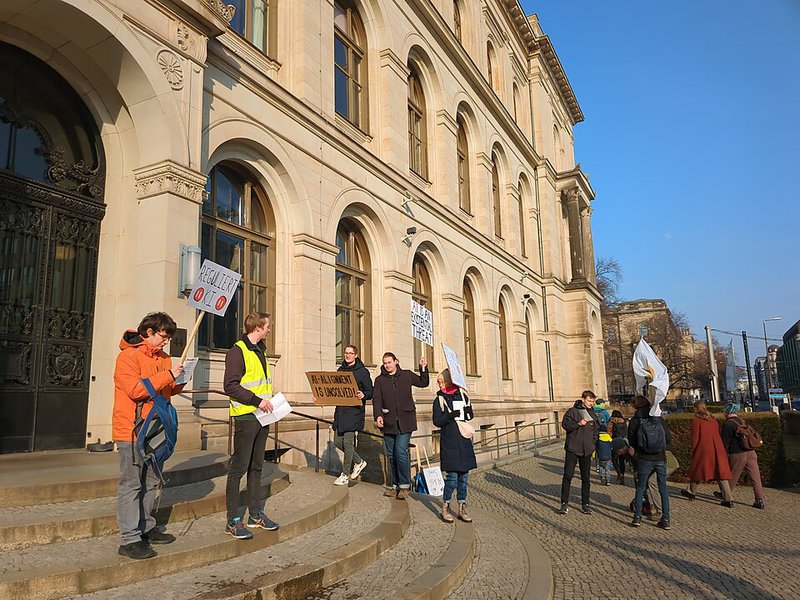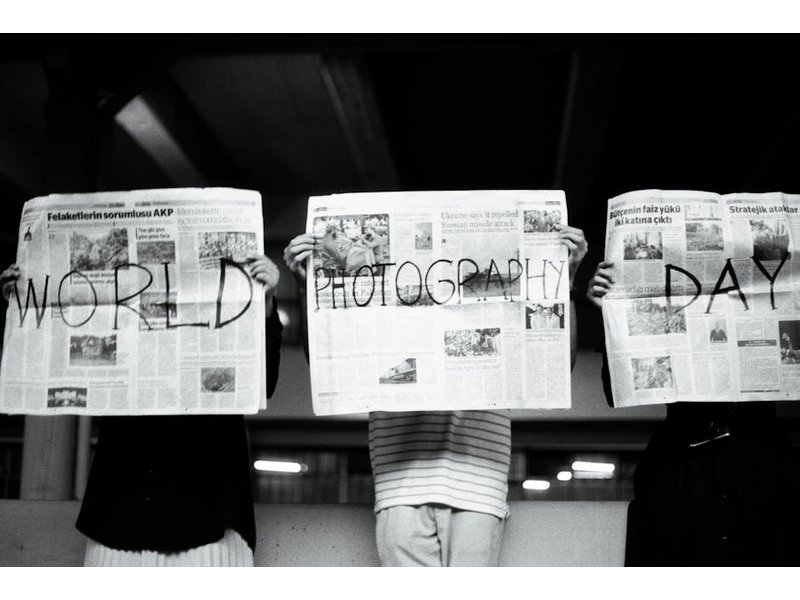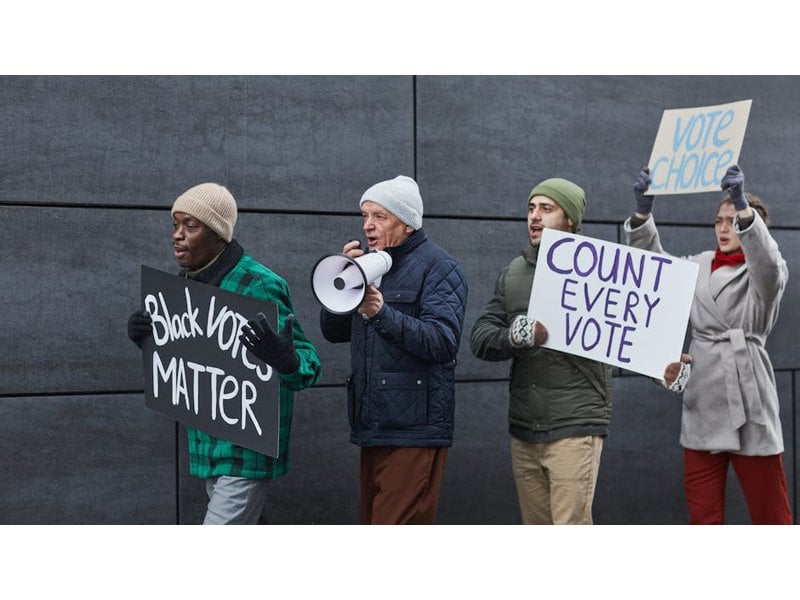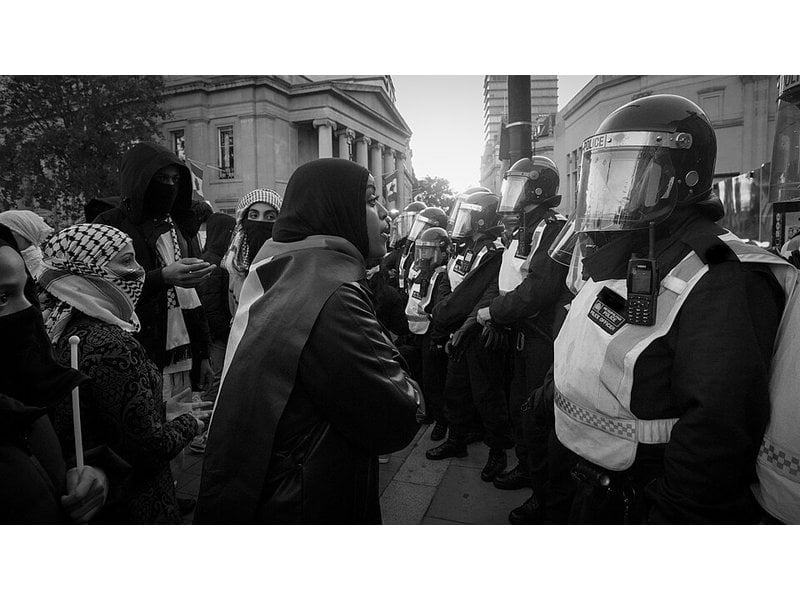190 alternative markets

"Illegal or “black” markets, especially in wartime or during occupations, are usually associated with exploitative prices and selfish objectives. In some cases, however, alternative illegal channels of buying and selling food and various other supplies may be created as a form of economic intervention. Apart from helping to meet needs of the populace and keeping goods out of the enemy’s hands, there may be a wider political significance in such action. Against a totalitarian regime’s attempts to control all economic life, thwarting that control by the maintenance of independent channels of distribution may become an important resistance objective."...
Potentially awesome partners
Potentially problematic matches
High scoring campaigns using this method
Historical cases from the Nonviolent Action Database that used this method
Lithuanians campaign for national independence, 1988-1991
Russia first occupied Lithuania and introduced a program of “Russification,” an attempt to eliminate Lithuanian language and culture in favor of Russian culture, in the mid-19th century. After 22 years of independence from Russia, the Molotov-Ribbent...
Bulgarians defend Jews from deportation during World War II, 1941-1945
Early on in the Second World War, Bulgaria was a member of the Axis powers, having signed the Tripartite Pact on March 1, 1941. However, Bulgaria was not emotionally attached to the ideals of the major Axis powers. They simply signed on because they ...
Tibetans boycott Chinese vegetable vendors, Qinghai, Tibet/China, 2011
Tibetans in Nangchen County, Qinghai province, China/Tibet, bought vegetables from Chinese vendors until early 2011, when the prices began to increase dramatically. In Chinese-owned vegetable shops, the price of 1 kg of apples increased from 2 yuan t...
Low scoring campaigns using this method
Historical cases from the Nonviolent Action Database that used this method





